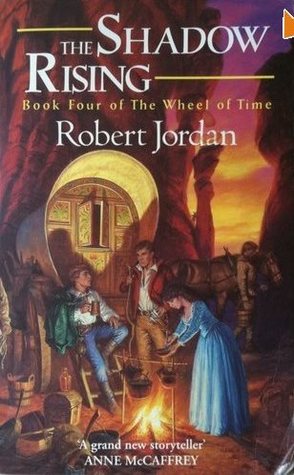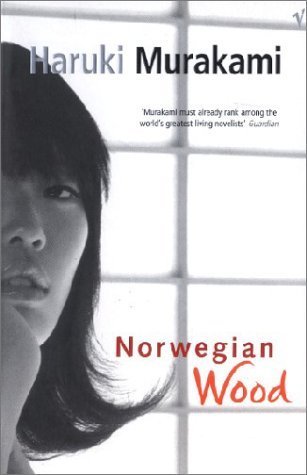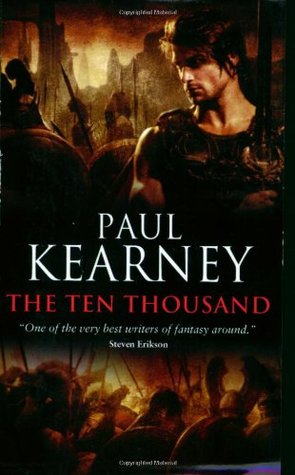by John Le Carre
Hardback Edition, 508 pages
Originally published 2001
“I’m an Oswald man, Justin. Lee Harvey Oswald shot John F Kennedy. Nobody helped him do it. There comes a moment after all the fantasising when we’re reduced to accepting the obvious… “

Like most John Le Carre film adaptions I’ve seen, the Constant Gardener is a good one. In fact i don’t believe I’ve experienced a bad Ralph Fiennes or Rachel Weisz film so congrats on the casting choices.
The plot isn’t the usual cold war/international spy story like his novels of the past. The Constant Gardener is set in Kenya and follows the fall out of the murder of Tessa Quayle, the activist wife of British Diplomat, Justin Quayle. What initially appears to be a thoughtless murder soon turns into a conspiracy involving the shady dealings of a Big Pharma Corporation and corrupt Government officials. The story is told lineally but there are flash backs of Tessa before she was killed.
The research effort for this book was clearly extensive and comes through brilliantly in the writing. I’d never considered Kenya or corrupt pharmaceutical deals before but this was an eye opener and in his afterword John Le Carre describes the events in the book as childs play compared to some of the findings of his research. I will definitely be exploring this subject further.
The main focus is Justin’s investigation into Tessa’s death as he isn’t willing to accept the official government version. He acquaints himself with Tessa’s research and contacts and digs up some skulduggery that reaches beyond Kenya and England. For the majority the story is a page turner as the more Justin uncovers the more intriguing it becomes and bizarrely enough it was only toward the end when it starts to become clear what really happened that i began to lose interest. The ending is a mix of uncovering the truth and some random ‘waffle’, which he could have left out. I also didn’t get enough emotional loss out of Justin. When he’s talking about his grief to other characters i didn’t really believe him. Other than these two minor gripes it’s a good book and i’ll certainly be reading his other non-cold war novels.
My score is 3.5/5



